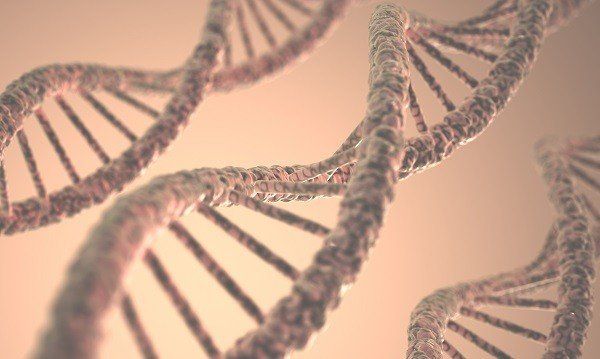How Genes Affect Tooth Decay
If you find yourself to be strong on oral healthcare but prone toward cavities nonetheless, you may not be at fault—the answer could very well be in your genes. According to researchers with the University of Pittsburgh’s School of Dental Medicine, who recently published two papers on this subject, there are specific genetic variations that could cause tooth decay as well as aggressive periodontitis.
Dr. Alexandre Vieira, who is an assistant oral biology professor and the senior author for both papers, says dental caries rates can be affected by polymorphisms, or individual variations, in a certain gene by the name of beta defensin 1 (DEFB1), known to play a main part in the immune system’s response against invasive germs.
The first of the two papers, which was published by the Journal of Dental Research , stated, "We were able to use data gathered from our dental registry and the DNA Repository—the only one of its kind in the world—to see if certain polymorphisms were associated with the development of caries.” Dr. Vieira also said, "This could help us find new ways to treat people who are particularly susceptible to tooth decay, a problem that afflicts millions of Americans."
After analyzing roughly 300 unidentified dental records as well as their accompanied saliva samples, the researchers gave every case DMFT scores (based on number of decayed, filled, or missing permanent teeth) and DMFS scores (based on number of decayed, missing, or filled teeth). In general, people with a smaller number of caries have DMFS and DMFT scores on the low side.
All the samples had one out of three DEFB1 gene variations, which the researchers dubbed C-44G, G-52A, and G-20A. Per the researchers, individuals with a G-20A variant had DMFS and DMFT scores five times greater than those of people with other variants. In fact, the G-52A variant was linked with DMFT scores on the low side.
The second of the papers, published via the online journal PLoS one , saw Vieira and his team collaborate with colleagues from Brazil in order to study samples for 389 people from 55 families. These samples were used to find any genetic association with aggressive periodontitis (or gum disease), which is the severe, rapid breakdown of your gums that is allegedly, per the paper, more commonly seen in individuals with African heritage.
The reported findings indicated hints of a link between periodontitis and FAM5C genes. Other experiments revealed elevated amounts of FAM5C expression in areas with periodontal tissue as compared to those with healthy tissue. According to Vieira, "The FAM5C gene recently was implicated in cardiovascular disease, in which inflammation plays a role, just as in periodontitis. More research is needed to see if variation in the gene is associated with different activity profiles."
Need to make a dentist appointment but worried about the high cost of dental care? Our New Hampshire discount dental plancan help reduce those costs. For more information or to sign up for a plan, please click here.











